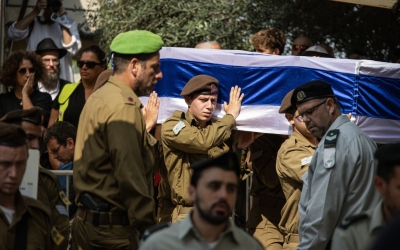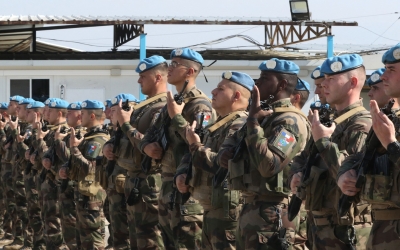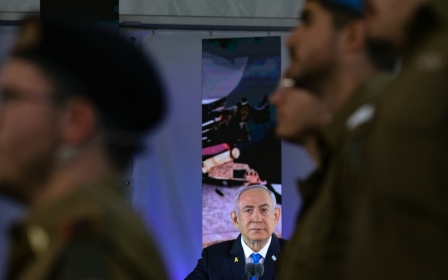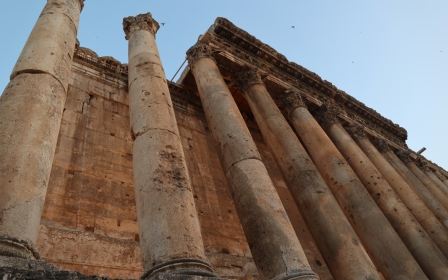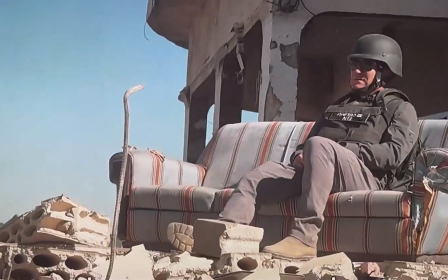Lebanon's prime minister 'cautiously optimistic' as ceasefire talks continue
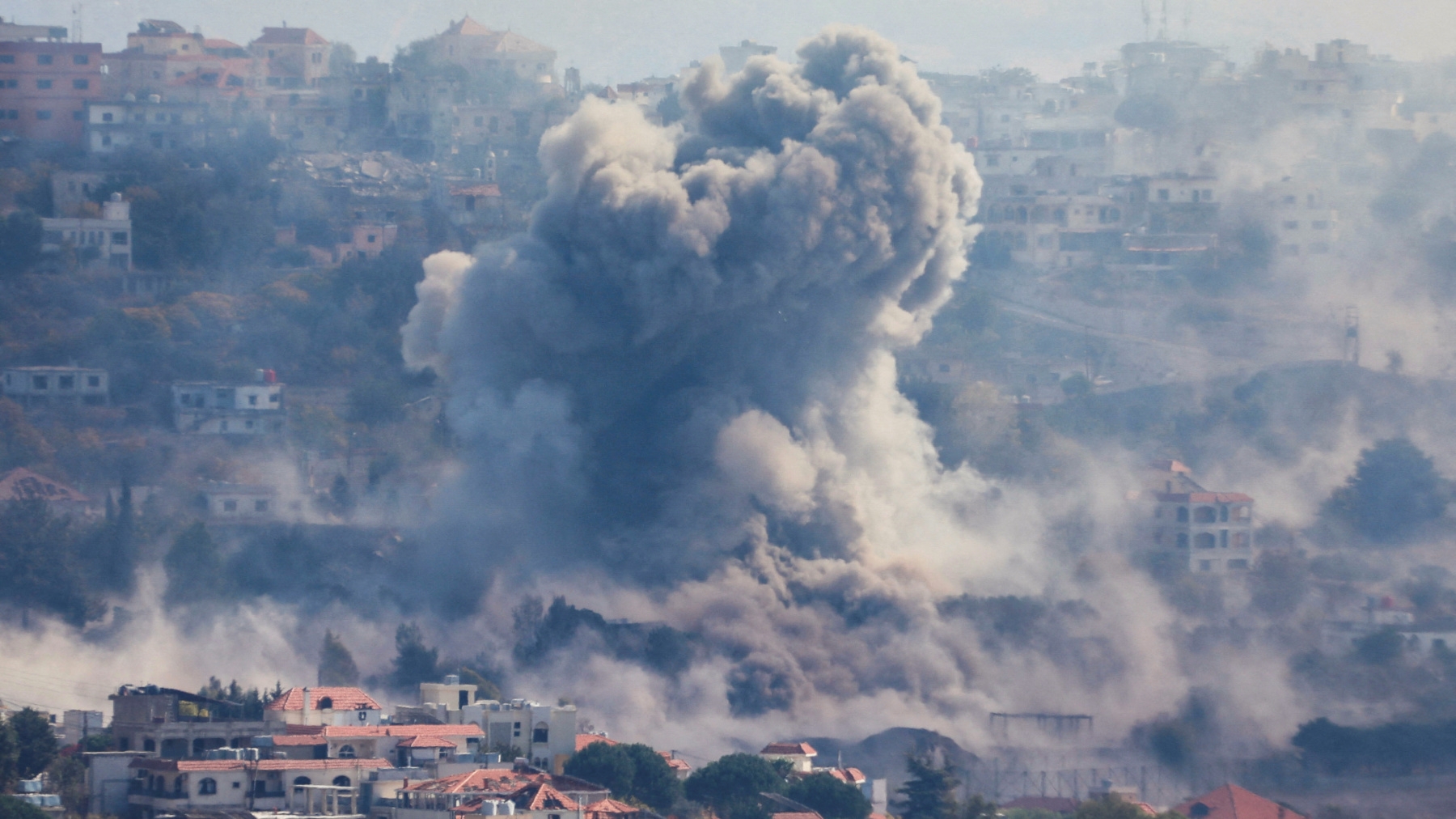
As Israel’s war on Lebanon rages on from the sky and on the ground, efforts from several international actors are being made to push for a cessation of hostilities, though the outlook remains unclear.
In an interview with Lebanese TV channel Al Jadeed on Wednesday night, Prime Minister Najib Mikati said that the US presidential envoy Amos Hochstein “hinted that we might be able to reach a ceasefire in the next few days, before the fifth of next month”.
The highly contested US presidential election is set to take place on 5 November.
Mikati added, however, that he has yet to see American guarantees that Israel would agree to a ceasefire, although he expressed "cautious optimism".
“What is required is a ceasefire with an American guarantee, and then we will talk about the details,” he said.
New MEE newsletter: Jerusalem Dispatch
Sign up to get the latest insights and analysis on Israel-Palestine, alongside Turkey Unpacked and other MEE newsletters
Mikati’s statements come as Israeli public radio KAN published what it said was a leaked ceasefire proposal, dated 26 October, urging Lebanon and Israel to implement UN Security Council Resolutions 1559 and 1701.
Resolution 1701, which ended the 2006 war between Hezbollah and Israel, calls on the Israeli military to fully withdraw from Lebanese territory and respect the country’s air, land and sea sovereignty.
It also calls for the deployment of the Lebanese army, alongside UN forces, south of Lebanon’s Litani River.
Resolution 1559, adopted in 2004, calls for the withdrawal of foreign troops from Lebanon and the disarmament of all armed groups, including Hezbollah.
The alleged current proposal, to be implemented over a six-day ceasefire period, states that Israel would withdraw its forces from Lebanon within seven days.
However, the leaked document includes a letter between the US and Israel focusing on Israel’s “right to act in self-defence” against what it perceives as threats, which can be viewed as permission to violate Lebanese sovereignty.
While not directly addressing the content in the proposal, US National Security Council spokesman Sean Savett said that: “There are many reports and drafts circulating. They do not reflect the current state of negotiations.”
‘Cannot resemble Gaza’
The leak coincides with Hochstein’s visit to Israel alongside White House Middle East chief Brett McGurk, on a new push to secure ceasefires in both Lebanon and Gaza.
According to the Financial Times, Hochstein and McGurk will present an updated version of the ceasefire plan to Israeli officials.
Israeli Prime Minister Benjamin Netanyahu told the US envoys on Thursday that Israel's ability to counter threats to its security from Lebanon and return displaced people to the north were key elements of any ceasefire deal.
"The main issue is not the paperwork of this or that agreement, but Israel's ability and determination to enforce the agreement and thwart any threat to its security from Lebanon," Netanyahu's office cited him as saying.
The US has so far fallen short of calling on Israel to end its war on Lebanon, but State Department spokesperson Matthew Miller says it is seeking “a diplomatic solution that allows civilians, both in Lebanon and Israel, to return home”.
“We have made it clear that the campaign they are waging in Lebanon must not, cannot resemble the campaign they waged in Gaza,” he added.
The Israeli military has repeatedly used American weapons in devastating strikes on Gaza and Lebanon.
'Exiting the war'
In Israel, far-right Finance Minister Bezalel Smotrich told reporters on Tuesday that “the war in the north will be over by the end of the year”, adding that 2025 “will not be a year of war, it will be a year of exiting the war”.
Hezbollah, which has previously stated that it is open to end the war in Lebanon, has taken a more cynical approach to the ongoing negotiations.
Newly appointed Secretary General Naim Qassem said on Wednesday that his group has yet to see proposals that meet their conditions.
"So far no project has been put forward that Israel agrees on and is acceptable for us to negotiate it," he said.
Israel and Hezbollah have been engaged in cross-border hostilities since 8 October 2023, a day after the start of the war on Gaza.
The situation escalated into an all-out conflict when Israel launched a widespread bombing campaign across Lebanon in September and a ground invasion in early October.
Over 2,800 people in Lebanon have been killed over the past year, most of them since last September, according to Lebanon’s health ministry.
Hezbollah says it has killed at least 90 Israeli soldiers in ground fighting in southern Lebanon, while the Israeli army says it lost 37 soldiers.
Middle East Eye delivers independent and unrivalled coverage and analysis of the Middle East, North Africa and beyond. To learn more about republishing this content and the associated fees, please fill out this form. More about MEE can be found here.


